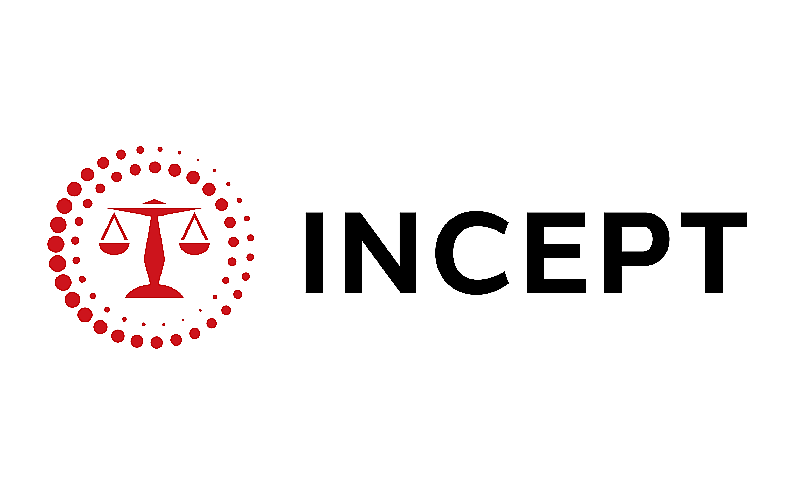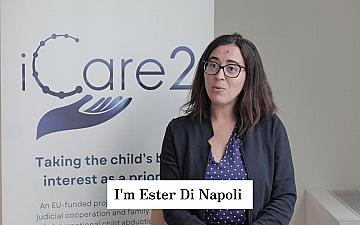This report serves as Deliverable D2.1 of Work Package 2 (WP2), ‘Data Collection & INCEPT Methodology,’ within the INCEPT project, funded by the European Commission's Justice Programme. The mission of the INCEPT project, launched in January 2025 and implemented by a consortium from Bulgaria, Poland, the Czech Republic, and Slovenia, is, inter alia, to map legal frameworks, practices, and challenges in implementing European Investigation Orders (EIOs) for intercepting communications like phone calls, messaging services, emails and messaging apps such as Skype, WhatsApp, Viber, Telegram etc.
The report's core analysis includes a structured literature review synthesising EU and global perspectives on surveillance governance, detailed examinations of EU and national legal regimes, and case law overview. Key findings reveal persistent challenges in the cross-border interception of telecommunications via EIOs in countries participating in the INCEPT project: divergent authorisation authorities, prerequisites and thresholds, offence catalogues, procedural safeguards, technical standards, duration limits, and admissibility issues for cross-border evidence, as well as gaps in handling technologies like IMSI catchers and Trojan horses.
The report calls for greater cooperation, harmonization, and rights-based reforms, concluding that cross-border interception is complex but crucial for EU security.









